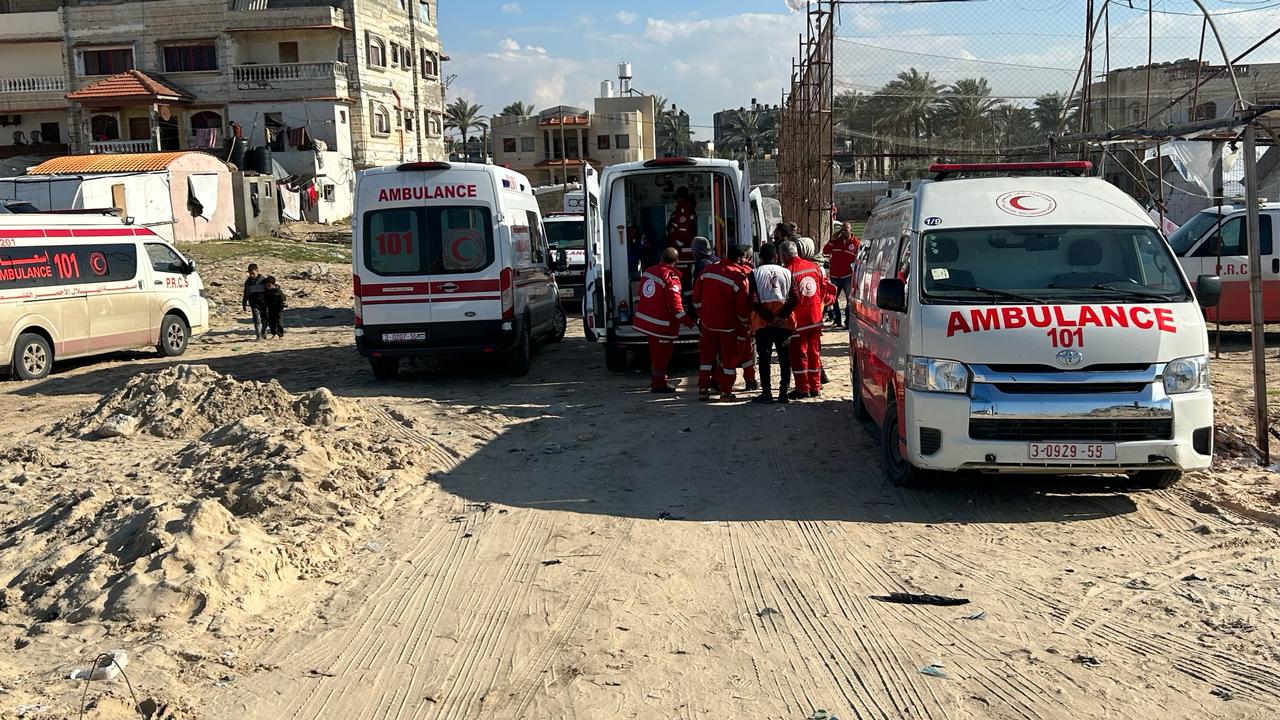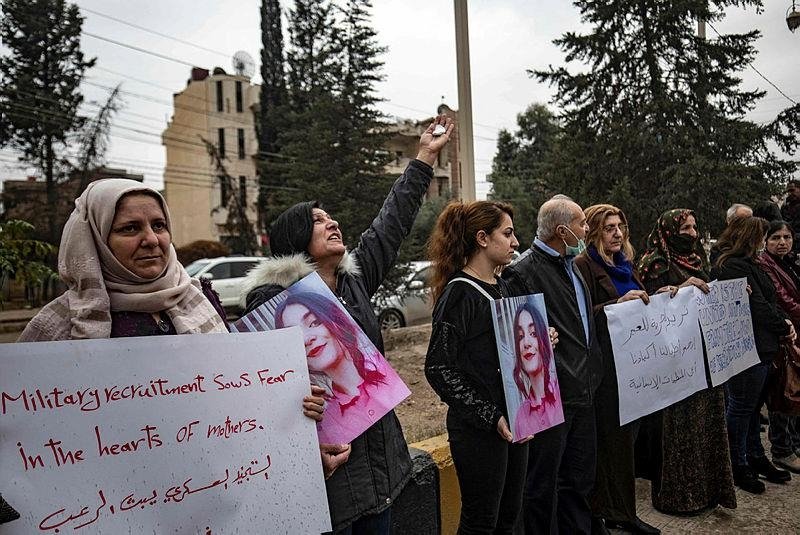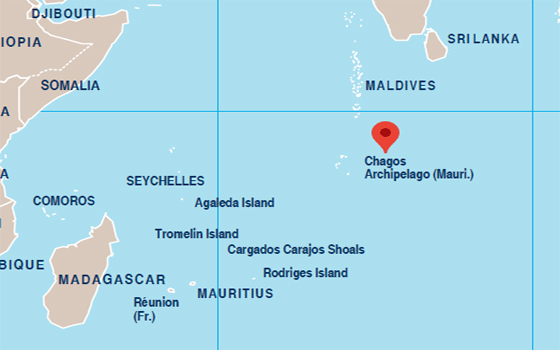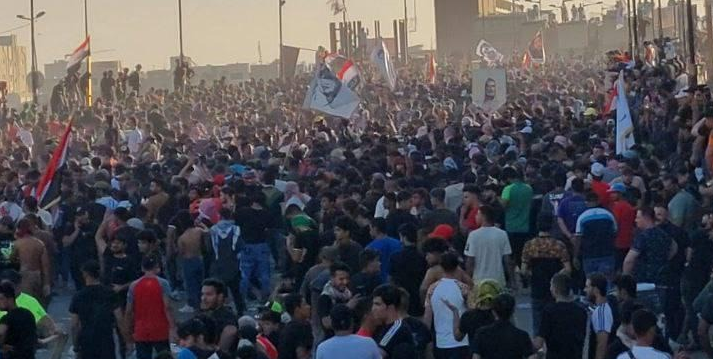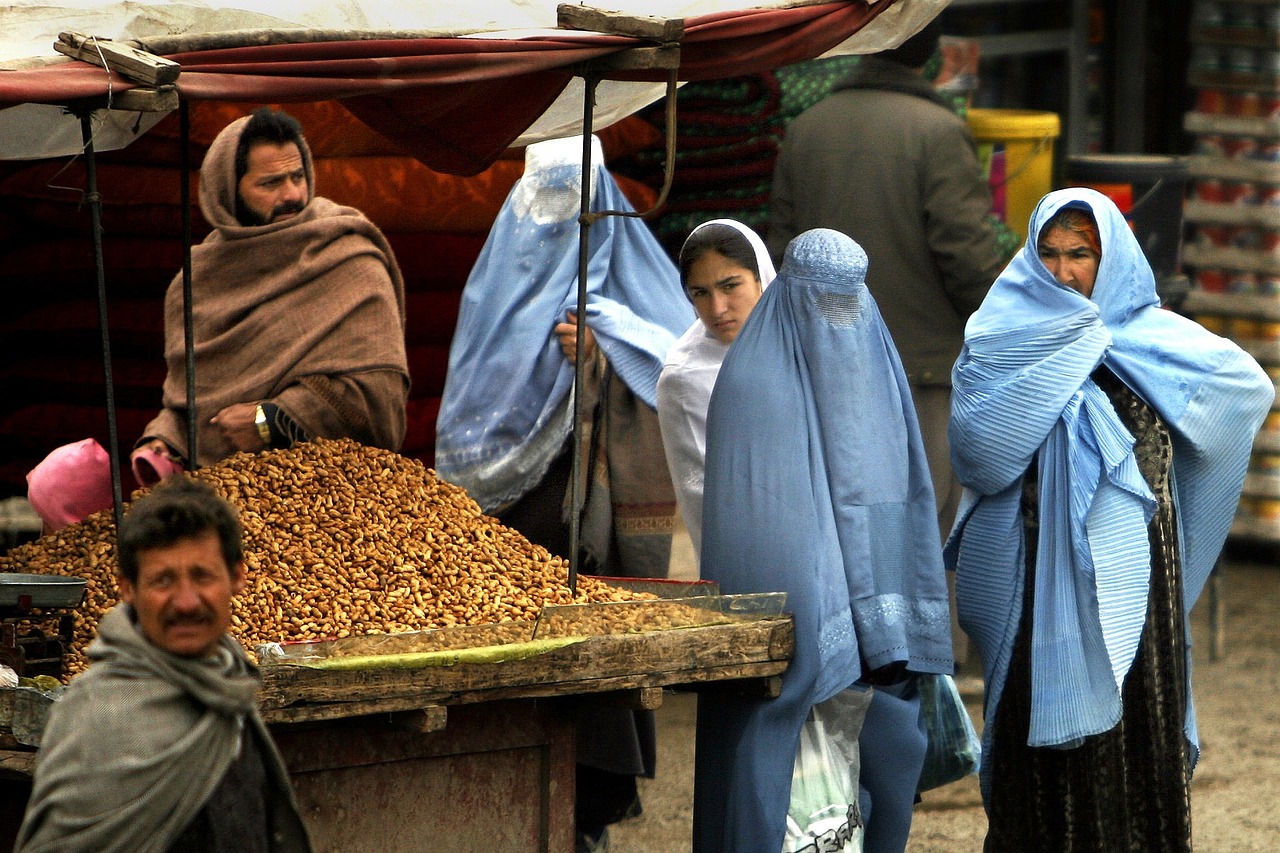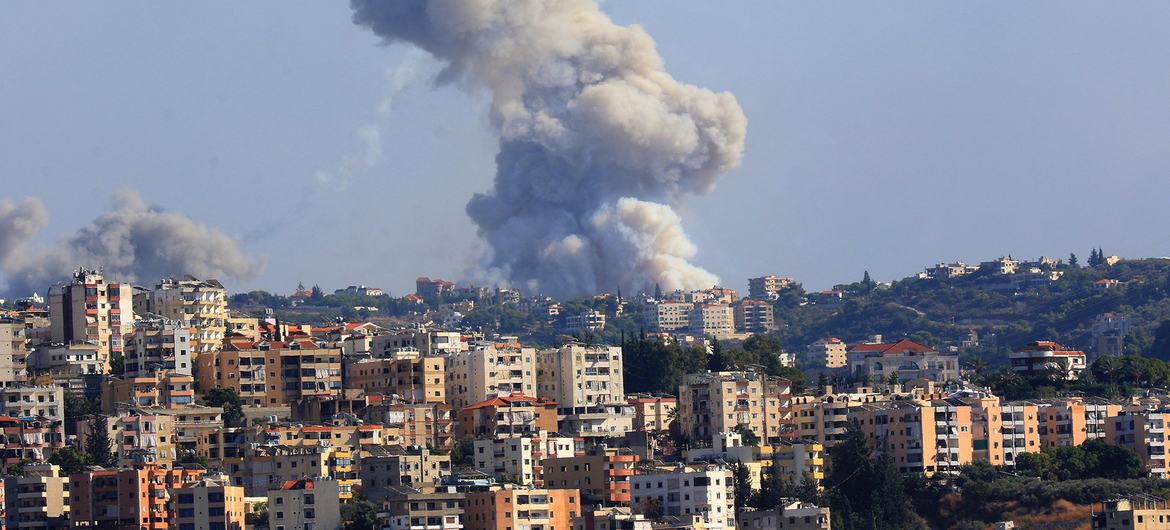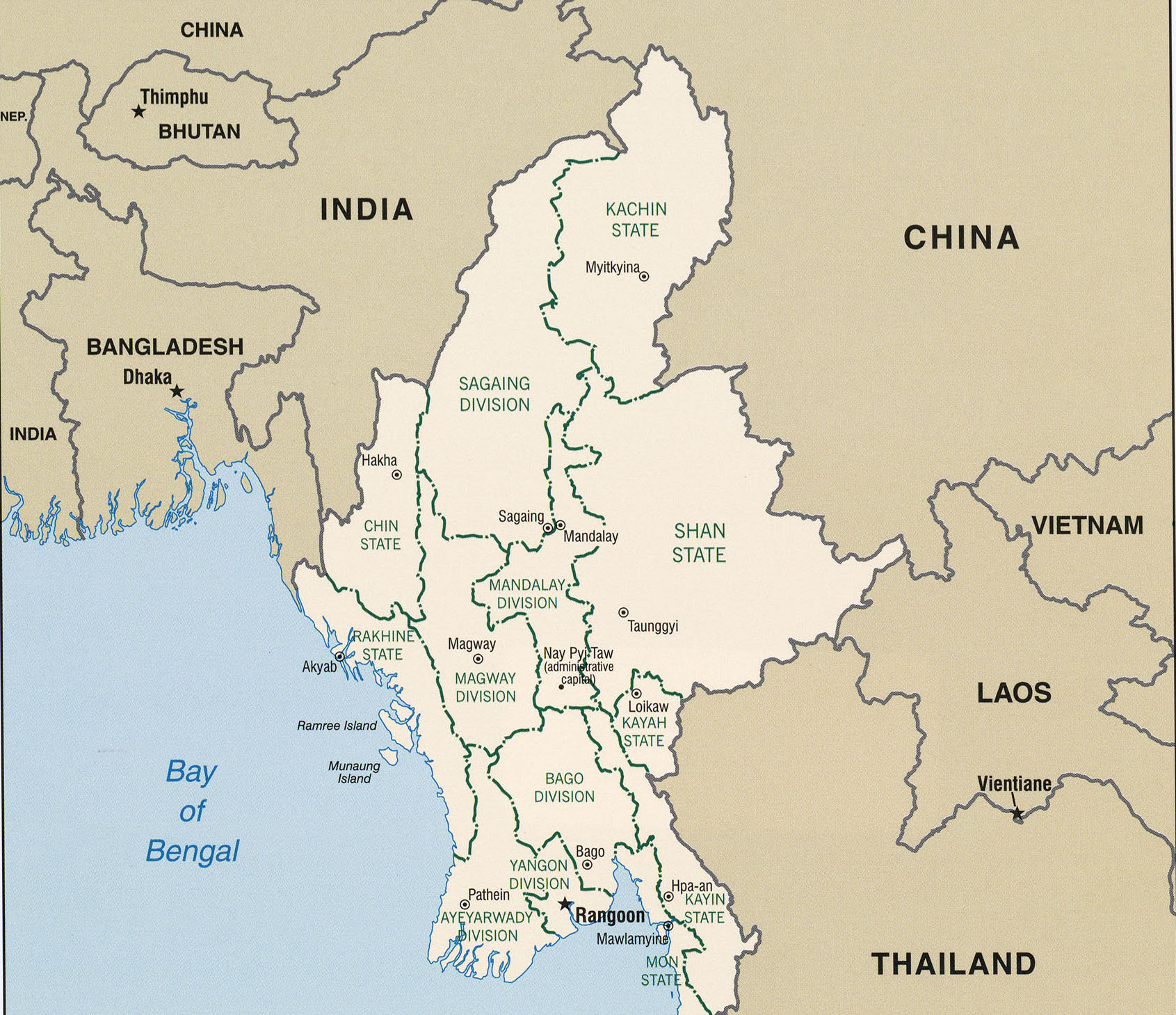
Flooding deepens dire rights situation in Burma
The UN Office for the Coordination of Humanitarian Affairs (UNOCHA) reported that over 570,000 people are displaced in Burma’s Rakhine state due to ongoing conflict between the Myanmar Armed Forces and the rebel Arakan Army, adding to the over 3 million people displaced across the country. Worsening the humanitarian situation, Burma has been hit by severe flooding since early September. Torrential monsoon rains and the remnants of Typhoon Yagi have affected an estimated 1 million people across 70 of the country’s 330 townships, causing significant damage to crops, farmland and livestock. According to UNOCHA, this has further exacerbated the vulnerabilities of conflict-affected communities. Humanitarian responses face significant challenges, including blocked supply routes, communication blackouts, and restricted access to rural areas. (Map: PCL)




